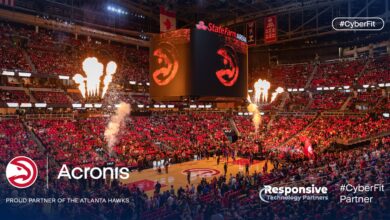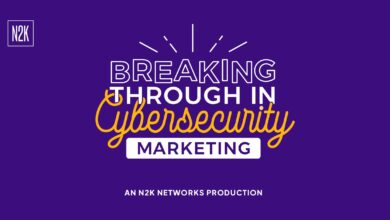Software Engineering vs. Cybersecurity: What to Choose? | by Vortex | Apr, 2024

In this article, you will discover the best path to choose when deciding between a career in Software Engineering or Cybersecurity.
Software engineering involves creating software applications and systems that meet user needs. It’s like assembling a puzzle — each piece carefully crafted to fit seamlessly. Software engineers write code, test, debug, and maintain software products. Whether you’re building apps, optimizing databases, or designing operating systems, the world of software engineering awaits.
- Creativity: You get to create something tangible — whether it’s a sleek mobile app or a robust backend system.
- Diverse Applications: Software engineering spans various domains, from gaming to healthcare, offering versatility.
- Continuous Learning: Technology evolves, and so do your skills. Lifelong learning is part of the journey.
- Global Impact: Your code can touch lives worldwide, solving real-world problems.
- Complexity: Software development can be intricate, requiring attention to detail and problem-solving skills.
- Deadlines and Pressure: Meeting project deadlines can be stressful, especially in fast-paced environments.
- Maintenance Burden: Code needs upkeep. Debugging, updates, and patches are ongoing tasks.
- Isolation: Long hours at a computer can lead to social isolation.
Software engineering isn’t fading away; it’s evolving. While tech giants make headlines, software talent thrives across industries. Finance, healthcare, and manufacturing all seek developers. The future holds promise, with a projected 26% increase in software developer jobs.
Imagine a digital fortress guarded by sentinels. That’s cybersecurity — protecting systems, networks, and programs. Experts analyze threats, ensure compliance, and defend against cyber attacks. From security analysts to ethical hackers, they’re the unsung heroes of the digital age.
- Critical Role: You directly protect organizations and individuals from cyber threats.
- Constant Challenge: Cybersecurity is ever-evolving. New threats emerge daily, keeping you on your toes.
- Variety: Roles range from penetration testing to incident response, allowing specialization.
- Job Security: The demand for skilled cybersecurity professionals continues to grow.
- High Responsibility: A single oversight can have severe consequences. The pressure is real.
- Continuous Learning: Threats evolve, so you must stay updated — a perpetual learning curve.
- Complexity: Understanding intricate attack vectors and vulnerabilities requires deep knowledge.
- Stressful Situations: Responding to breaches or preventing attacks can be intense.
As our lives intertwine with technology, cyber threats multiply. Cybersecurity experts fortify networks, detect intrusions, and ensure business continuity. Their skills are in high demand.
Consider your inclinations. Do you love security protocols? Cybersecurity awaits. Or do you want to create innovative apps and shape software systems? Software engineering beckons. Both fields offer diverse career paths.
Embrace evolution. Whether you code or secure, the digital realm awaits your touch. So, pick your tool — keyboard or encryption key — and shape the future. 🚀💻🔒
Remember, it’s the journey that matters. Choose wisely, and let your passion ignite the path ahead! 🔥🌟



